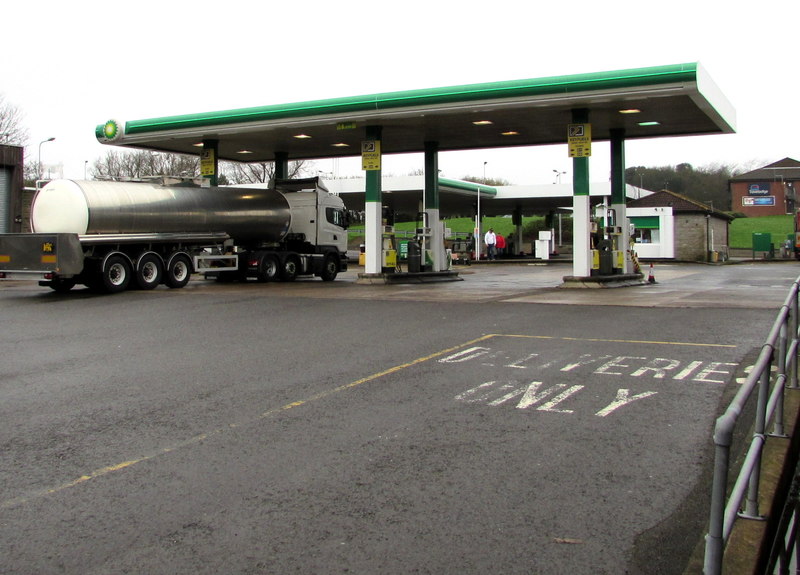
Increases in retail fuel margins cost drivers over £1.6bn in 2023.
The Competition and Markets Authority (CMA) has released an update highlighting ongoing efforts to ensure consumers get the best possible choices and prices amid rising living costs. New analysis shows that drivers continue to bear the financial burden of weakened competition in the fuel sector, while competition in the groceries sector seems to be more effective in controlling retail margins.
Road Fuel
In its third interim monitoring update, the CMA found:
Retailers’ fuel margins— the difference between what they pay for fuel and what they sell it at—remain significantly above historic levels.
Supermarkets’ fuel margins are about double what they were in 2019.
The total cost to drivers from the increase in retail fuel margins since 2019 was over £1.6bn in 2023 alone.
Competition among fuel retailers is failing consumers, similar to the findings in the CMA's July report.
The CMA had previously recommended a smart data-driven fuel finder scheme to provide real-time price information to motorists across the UK via map apps and sat-navs. This could potentially save drivers up to £4.50 each time they fill up by making it easier to find cheaper fuel in their area.
Currently, the CMA is monitoring the fuel market using voluntarily provided information from retailers. A temporary price data-sharing scheme has been implemented, and some major players have integrated this into consumer-facing products, like apps. However, the scheme only covers 40% of fuel retail sites and is not comprehensive enough to be utilized by map apps or sat-navs to provide accurate, live information.
The introduction of the Digital Information and Smart Data Bill by the new government could establish a compulsory and comprehensive scheme, which the CMA would welcome. Until then, the CMA encourages the government to introduce an enhanced interim voluntary scheme to benefit motorists sooner.
Groceries
Amid rising living costs, many households have struggled to afford essentials. Last year, the CMA launched a project examining competition and prices in the groceries sector to ensure consumers get the best deals possible.
Retailer Profitability Analysis: In its July 2023 review, the CMA did not find widespread evidence of weak competition in the groceries sector. Profit margins were historically low, consumers were switching to get the best deals, and the lowest-price retailers were gaining market share. The updated analysis shows that grocery retailer revenues, profits, and margins have increased slightly in FY 2023/24 as inflation has eased. However, the average operating margin for grocery retailers last year was less than 3%, still below pre-pandemic levels. This does not raise concerns about the state of competition in the groceries sector.
Pricing: The CMA has been investigating pricing issues to help shoppers access clear and accurate pricing information:
Unit pricing can help shoppers compare prices, but inconsistencies can cause confusion. The CMA has identified concerns with retailers’ unit pricing practices and recommended changes to legislation to improve price information.
The CMA has published guidance for independent retailers to help them display clear and accurate prices.
The CMA is assessing whether savings offered through loyalty schemes are genuine. Preliminary results suggest no widespread evidence of misleading loyalty promotions. A consumer survey will further analyze the impact of loyalty pricing, with results expected in November.
Infant Formula
The CMA's review identified significant price rises for infant formula, leading to a formal market study in February. Five months into the study, the CMA has concerns that the regulatory framework, supplier behavior, and consumer needs may result in higher prices. An interim report will be published in October with recommendations for improving the market.
Sarah Cardell, Chief Executive of the CMA, said:
“At a time when household budgets are under huge strain, it’s our job to make sure people can be confident they are getting good deals and that they are not being harmed by weak competition or unfair sales practices. Despite inflation falling to 2%, many people are still struggling to pay for everyday items – whether it’s filling up at the pump, buying groceries, feeding babies, treating ill pets, or having somewhere to live.
Last year we found that competition in the road fuel market was failing consumers, and published proposals that would revitalise competition amongst fuel retailers. One year on and drivers are still paying too much. We want to work with government to put in place our recommendation of a real-time fuel finder scheme to kick-start competition among retailers. This will put the power in the hands of drivers who can compare fuel prices wherever they are, sparking greater competition”.
A comprehensive list of the CMA's efforts to address cost of living pressures, including all recommendations made so far, is available on its collection page. Photo by Fuel tanker in Severn View Services, Aust by Jaggery, Wikimedia commons.




































